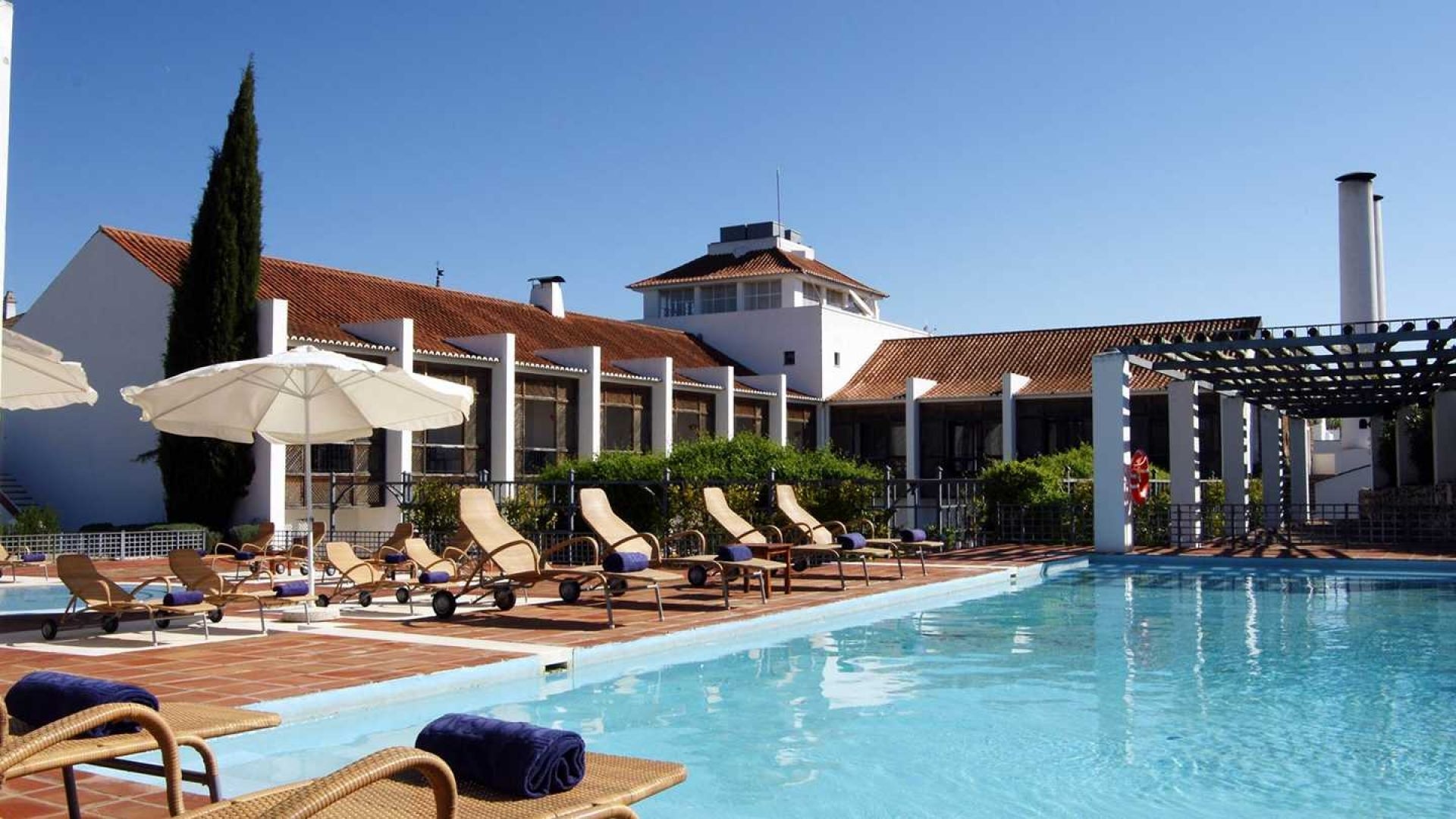
Portugal is a country that doesn’t just preserve its heritage: it inhabits it, reinvents it, and shares it with its visitors.
Across the nation, historic buildings have been given new life as hotels, where the charm of the past meets the comfort of the present.
Sleeping in a former convent or royal palace here isn’t an unattainable luxury, but a way to experience Portuguese history from within.
From the Pousadas of the north and south to the family palacetes turned boutique hotels, Portuguese hospitality has found a way to merge the memory of stone with the pleasure of welcome, creating truly unique experiences.
The Pousadas of Portugal: Tradition Reimagined
Created in 1942 under the direction of dictator Salazar, the Pousadas of Portugal were conceived to promote national tourism while preserving the country’s architectural heritage.
The concept was simple: transform ancient monuments into quality accommodations without compromising their identity.
Today, they have become true icons of cultural hospitality.
From the Pousada of Óbidos, set within a medieval castle, to the Pousada of Estoi, housed in a rococo palace in the Algarve, each location tells a story.
They embody a love for detail, the serenity of cloisters, the nobility of old salons, and that distinctively Portuguese hospitality — discreet yet profoundly warm.
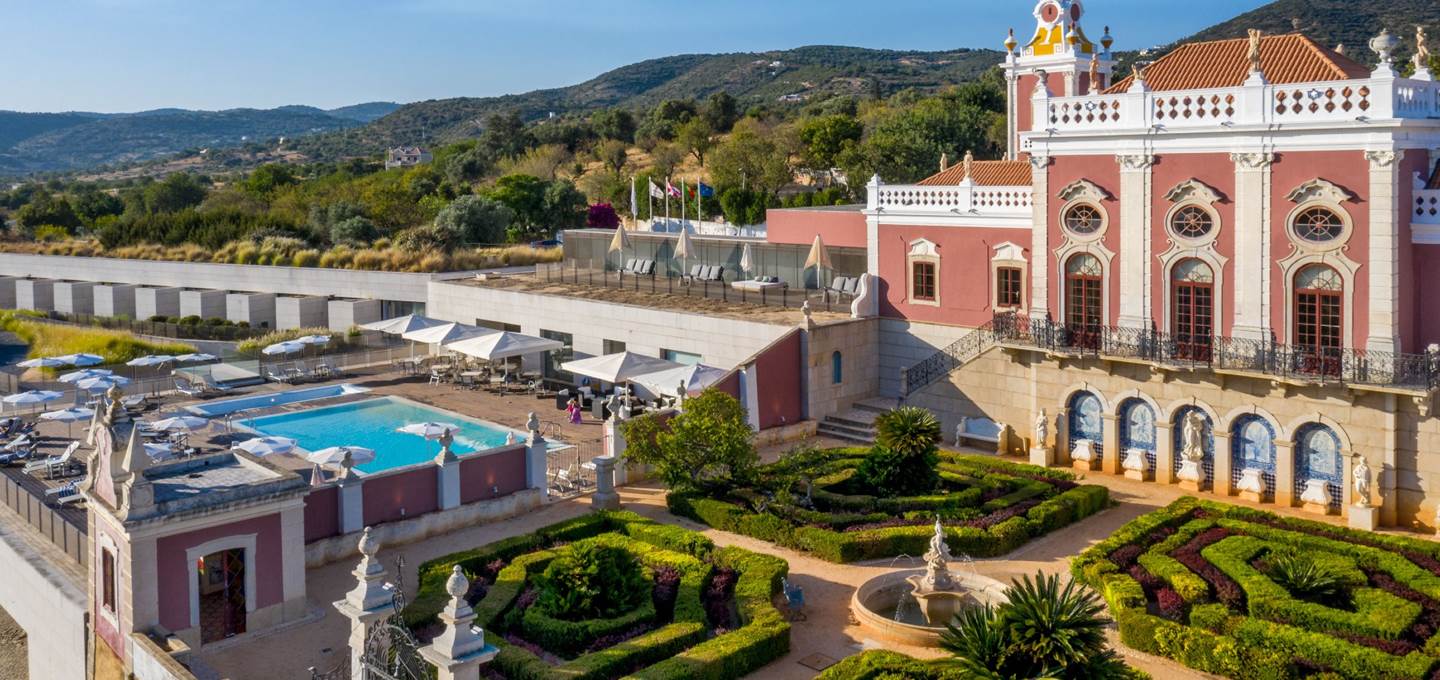
Convents and Monasteries Turned Havens of Peace
One of the most fascinating aspects of Portuguese hotel heritage is the transformation of ancient convents and monasteries into hotels.
These once-spiritual places of silence have found a new life without losing their soul.
The Convento do Espinheiro in Évora is a perfect example: built in the 15th century, it once served as a retreat for Portuguese kings.
Today, its gardens, gothic vaults, and frescoed walls welcome travelers in search of serenity.
Similarly, the Tivoli Palácio de Seteais in Sintra combines romantic elegance and royal décor, offering guests a truly timeless experience.
These establishments perfectly embody the alliance between memory and modernity, where one can meditate in a cloister before enjoying a glass of Douro wine.
Quintas and Manor Houses: Rural Elegance
Beyond monuments, Portugal is full of quintas and solares, grand rural estates that combine authenticity and comfort.
Many have been transformed into family-run hotels, often managed by descendants of the original owners.
In the Douro Valley, some quintas overlooking the vineyards offer breathtaking views and reveal the secrets of Port wine.
In the Alentejo, restored farmhouses welcome guests into a soft, sunlit atmosphere, surrounded by olive trees and endless horizons.
Far from standardization, these places reflect the refined simplicity of Portuguese life, where every guest is received as a friend.
Between Luxury and Authenticity: A Different Kind of Experience
What distinguishes Portugal’s historic hotels is their balance between authenticity and modern comfort.
Here, luxury is not about marble or technology, but about connection to place.
Sleeping within centuries-old walls, surrounded by antique furniture and manicured gardens, is to feel the seamless continuity between past and present.
The most prestigious establishments, such as the Palácio do Freixo in Porto or the Belmond Reid’s Palace in Madeira, have modernized their infrastructure without losing their soul.
They represent what Portugal does best: blending tradition with elegance in a natural way.
Sustainable Tourism Before Its Time
By breathing new life into historic buildings, Portugal developed a form of sustainable tourism before the term even existed.
Rather than building new resorts, the country chose to value what already existed — restoring and preserving.
Every renovation is an act of conservation; every stay, a contribution to heritage.
This philosophy attracts a discerning audience — travelers sensitive to culture and history who seek more than just a room, but a human and heritage experience.
Conclusion
In these exceptional hotels, time seems to stand still.
You can still hear the echoes of monks, the footsteps of kings, the whispers of poets.
Portugal has succeeded in turning its past into a promise for the future, where the art of hospitality becomes a living legacy.
Staying in a historic Portuguese hotel is much more than finding a place to sleep — it’s about inhabiting history, for one unforgettable night.
Share this article
Suggested articles
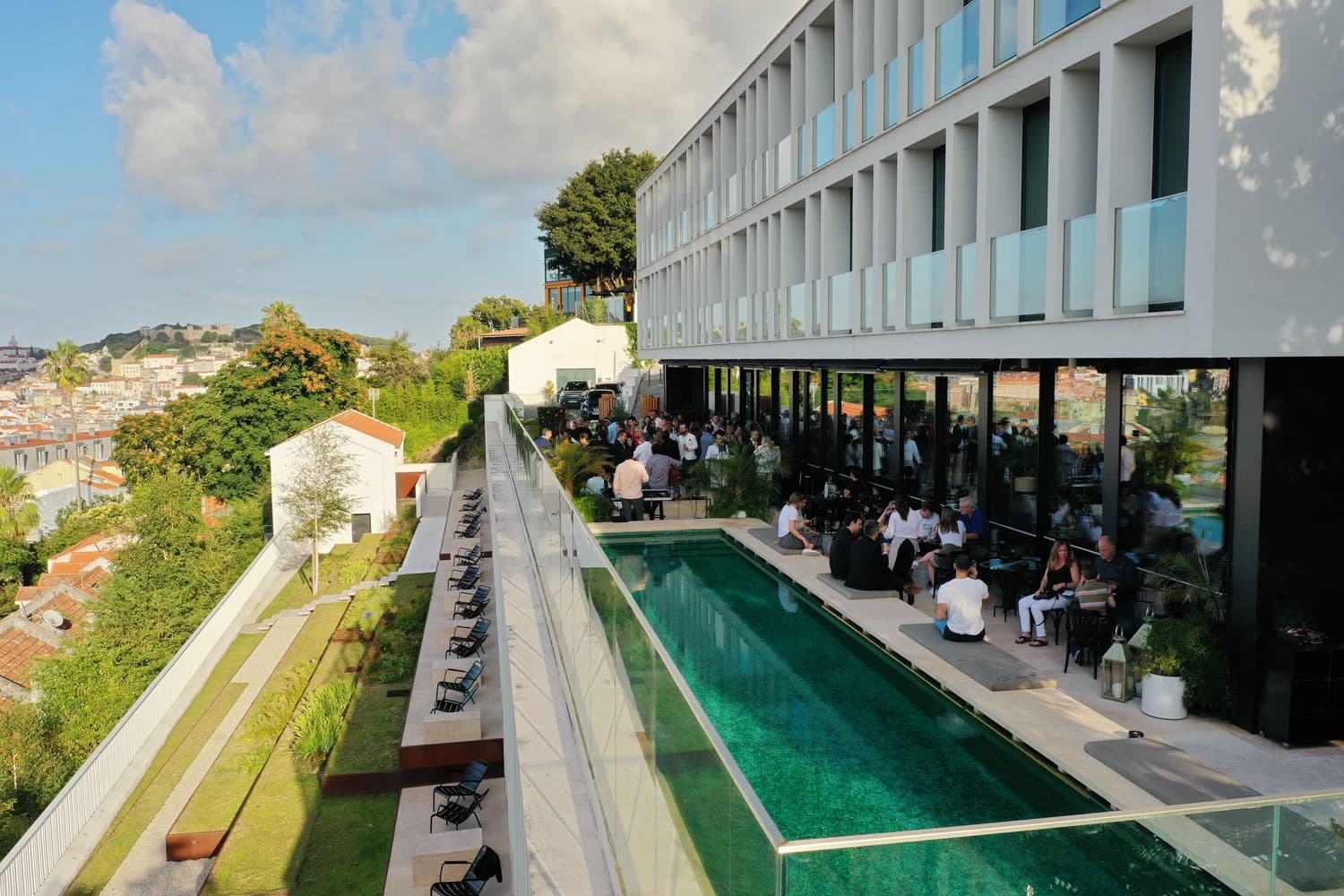
Portugal Through Its Boutique Hotels: Intimate Journeys and Stories to Tell
To discover Portugal through its boutique hotels is to embark on a journey designed on a human scale, an experience where every place tells a story and every room seems to have a soul. Far from tourist resorts and impersonal chains, these establishments cultivate a unique charm, an atmosphere built on calm, beauty, and attention to detail.
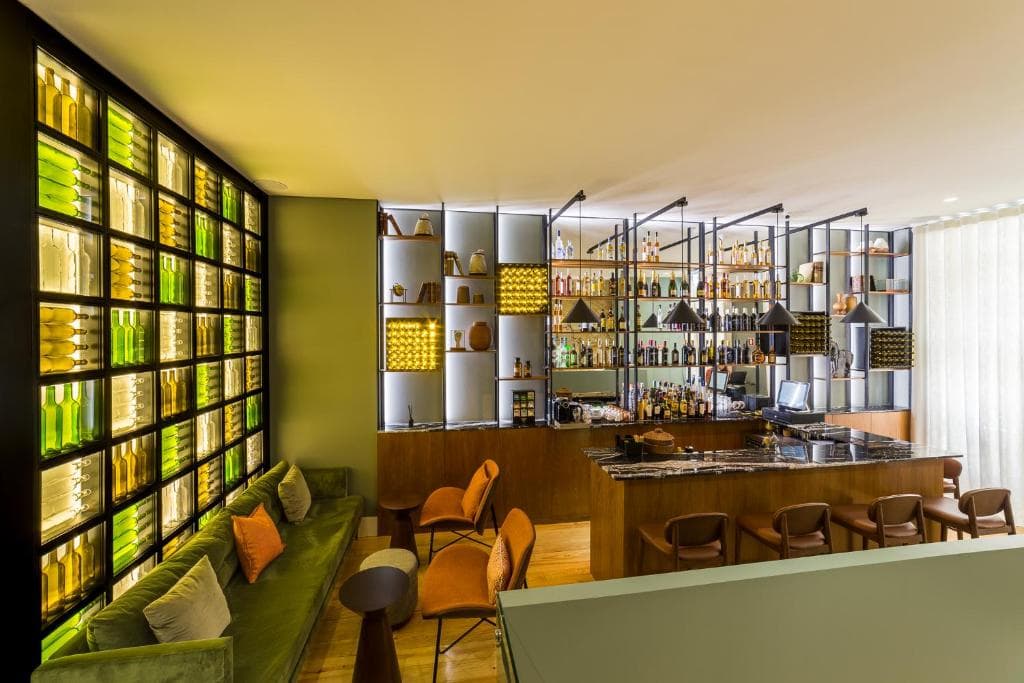
Cultural Fusion: When a Hotel Becomes an Art Gallery or Experimental Space
There is in Portugal a creative energy that never ceases to surprise — a rare ability to merge the old and the contemporary, tradition and modernity, without ever losing authenticity. In a country where culture has always been a lived experience rather than a concept, hotels are now becoming far more than places to stay: they are galleries, studios, and at times, living laboratories where art and life intertwine.
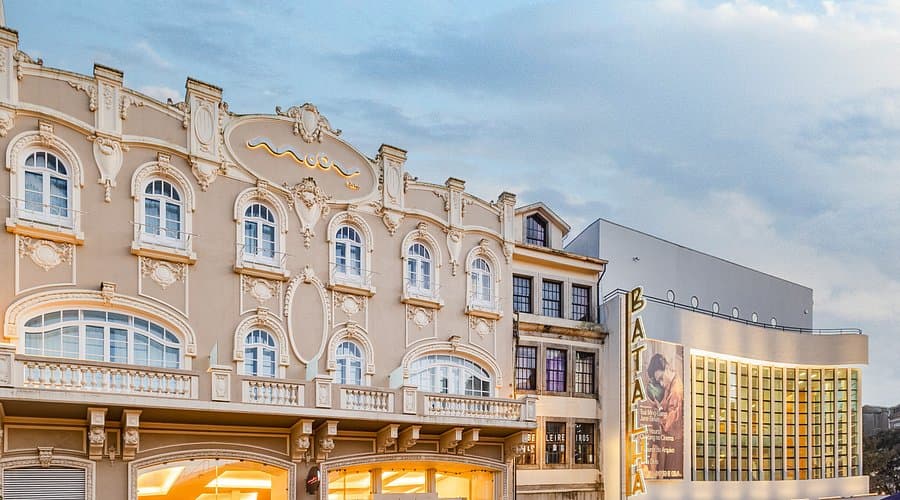
Design and Local Identity: How Contemporary Hotels Tell the Story of Modern Portugal
There is something unique about the way Portugal reinvents itself without ever losing its essence. While other countries seek to impress through spectacle, Portugal prefers to enchant through sincerity. In the contemporary hotels that have emerged from north to south, one senses a delicate harmony between innovation and memory, between architectural boldness and artisanal subtlety.
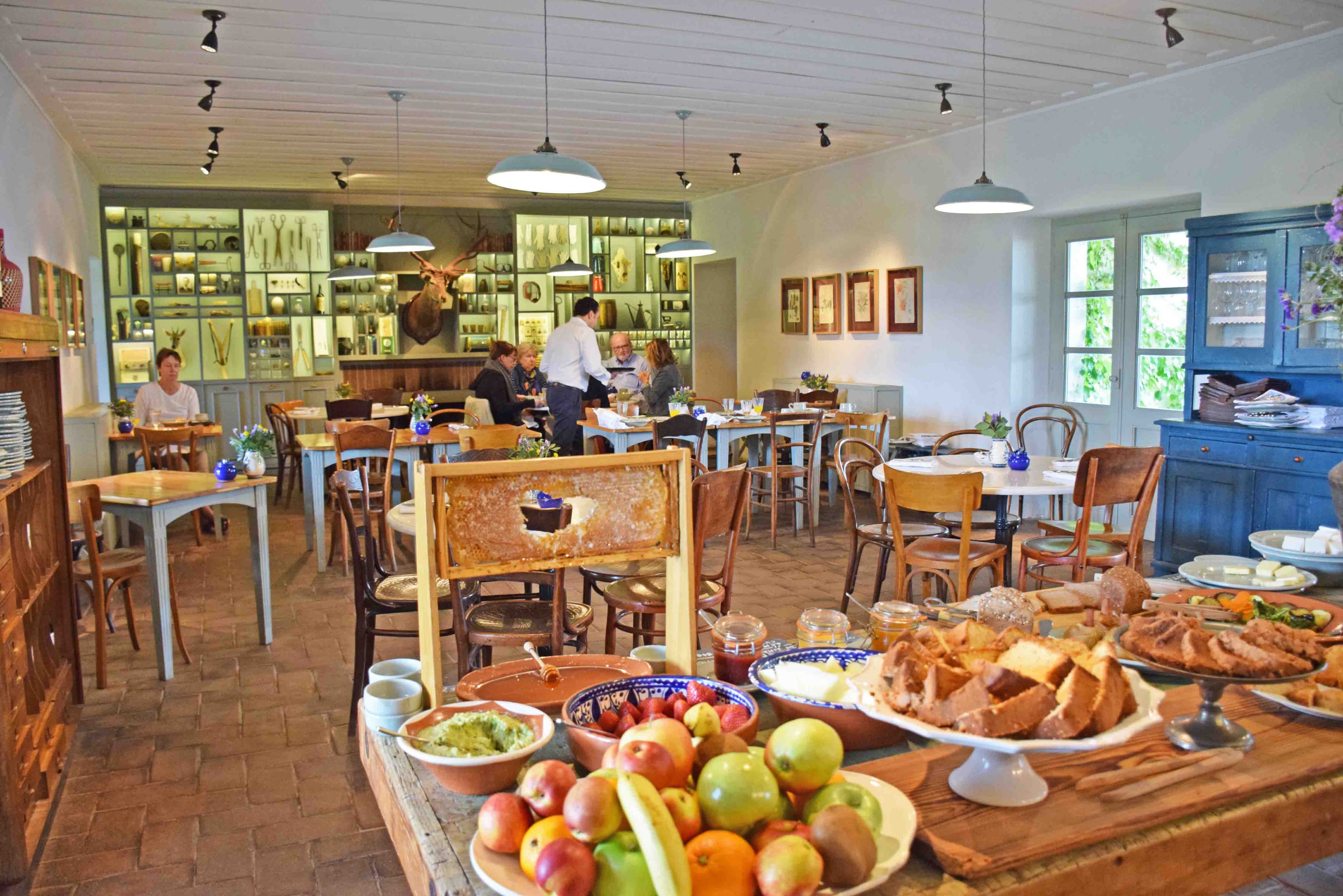
Nature, Terroir and Hospitality: The Rural and Authentic Adventure in Portugal
While Portugal’s cities charm visitors with their energy and history, it is in the countryside that the country reveals its truest soul. Far from the noise of the metropolises, another Portugal unfolds — the one of the Douro Valley’s slopes, the golden plains of the Alentejo, the mountains of Serra da Estrela, and the lush orchards of Minho. Here, luxury is not measured in extravagance, but in essence. And from this philosophy has emerged a new generation of rural hotels that bring together nature, terroir, and the art of living well.


